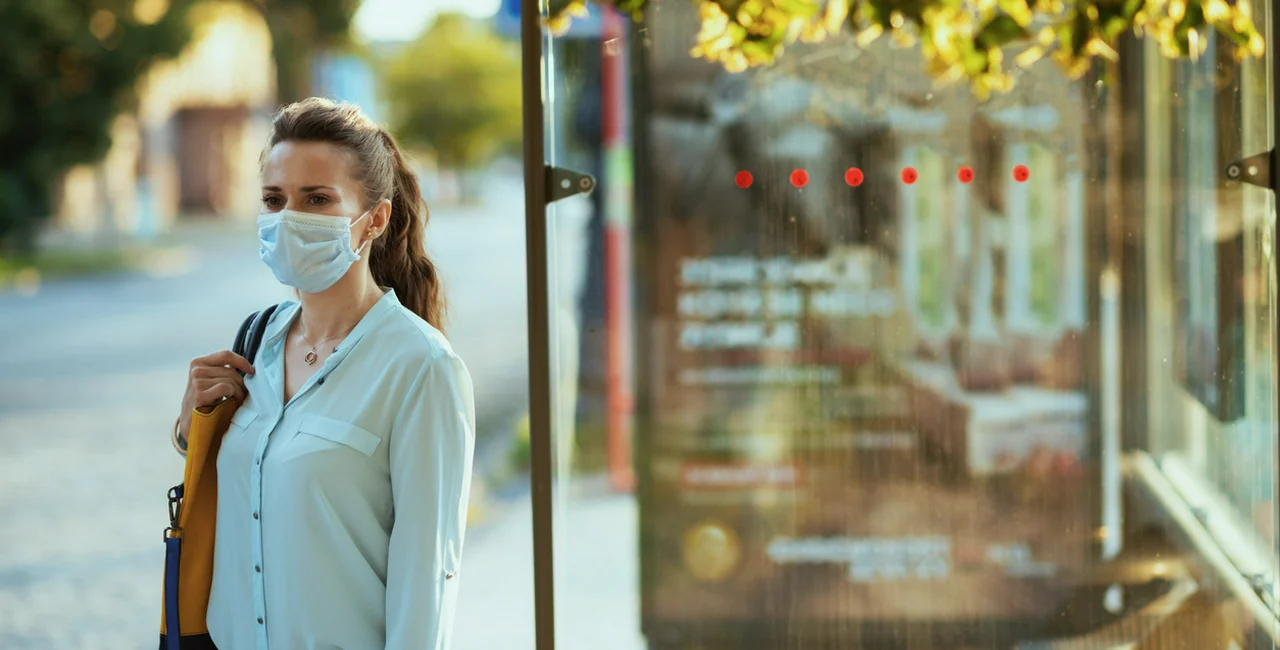For the first time ever, more than 5,000 people are currently infected with coronavirus in Czech Republic, according to the latest data released by the Czech Health Ministry this morning.
There were 212 newly confirmed positive cases on Tuesday, health officials reported, and officials performed 5,785 tests. More than 8,900 people have recovered from the virus so far, and 360 people have died. In most patients, the virus is mild. However, 148 people are now hospitalized with the virus, 11 more than on Monday, and 20 are in serious condition.
The number of active COVID-19 cases decreased and stagnated in mid-May; however, the number of infected people began to grow again in June, especially in the second half of June. The country exceeded 14,000 active coronavirus cases yesterday for the first time in the pandemic began.
Many of those cases originate in one of the worst regions affected, the Moravia-Silesia Region, where the situation has continued to worsen. Nearly 60 people per 100,000 people are infected with the virus; the region reported 66 new cases on Tuesday. The public health authority (KHS) in the Moravia-Silesia Region announced that the COVID-19 virus is now spreading outside of the known clusters, including at an elderly home in Havirov (Luna and Helios) and the Bohumin hospital, among others. In the neighboring Frýdek-Místek region, there are approximately 37 cases per 100,000 inhabitants.
The Jablonec region up north has also seen a spike in cases in recent days, leading health officials to make face masks mandatory in Liberec. There are about 100 patients with coronavirus in the region now, including two in a serious condition in the hospital. A sharp increase in their numbers has been mainly recorded in the Jablonec nad Nisou district and its central town, where there are several clusters and almost 40 COVID-19 patients. New clusters have appeared in the Ceska Lipa and Jablonec nad Nisou districts as well. The district reported more than 24 patients per 100,000 inhabitants in the past week, according to data from the Health Ministry.
The new cases have been linked not only to foreign workers but also includes Czechs who returned from France or caught the infection from business contacts in Central Bohemia.
Starting on Friday, people living in the area will have to wear face masks when visiting all health care facilities, shopping at a pharmacy, visiting selected social services facilities and, for example, when working in field social services.
There are several other regions with clusters of coronavirus cases, including the Mělník region north of Prague, Vlčnov in the Uherské Hradiště region, the Kutna Hora region in central Bohemia, and Jihlava in the Vysocina Region.
In Kutna Hora, local health experts have proposed removing emergency hygiene measures as the situation in the region improves and the number of people who have recovered continues to rise. People living in the area do not need to wear face masks indoors anymore, officials said, but they cannot visit hospitals or elderly homes.
More than 120 people are in quarantine following a party at a nightclub in Prague 2, where 59 people fell ill with coronavirus, according to a report in Seznam Zpravy. Several football players from Prague’s Bohemka, Sparta and Dukla were at the party and became infected as well, interrupting their summer training. There are more than 600 cases of coronavirus in Prague.
The Czech Foreign Ministry is negotiating on the presentation of a negative coronavirus test through the application CovidPass with other European countries, Foreign Minister Tomas Petricek (Social Democrats, CSSD) said. It could help facilitate traveling abroad.
The government commissioner for health research, Roman Prymula, said the application could also be used for entry to mass events if the limitations for their holding are still valid. Petricek said in the future, the duty to present a negative coronavirus test would not disappear in some countries. The application might facilitate this since it would prov electronically that a negative PCR test on COVID-19 had been made in a trustworthy laboratory, he added. Besides, the people would no longer have to carry with them a special paper certificate.
Editor’s Note: A previous version of this story stated the U.K, Poland and Portugal were high-risk countries. The story has since been updated to reflect current information.












 Reading time: 3 minutes
Reading time: 3 minutes 



























